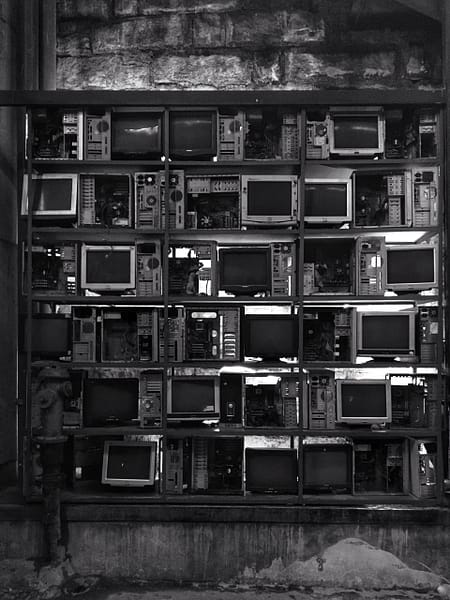Soaps – not the kind for dishes
If you have ever stabbed an appointment or burned dinner to meet up for that all important soap episode, don’t feel guilty and you may find this article interesting. Soap operas are one of the most popular forms of television programming in the world and finding a woman who isn’t hooked on at least one soap opera, is like finding a needle in a hay stack. Over the years soap operas have shaped the thinking of whole generations and if you indulged just enough in it, it has probably also shapes the way you live, love and work.
Prior to Telemundo and Zeeworld gracing our screens with foreign soaps, there were lots of Nigerian soaps such as Checkmate, Cock crow at dawn, Everyday People, Domino, Super Story, Fuji House of Commotion, and Edge Of Paradise (Shown On DSTV) – talk about hashtag 10 years challenge. The influx of foreign soaps to Nigerian screens began when the Nigerian Television Authority (NTA) began to air soaps such as Secrets of the sand, When you are mine, Catalina and Sebastian, this paved the way for more foreign soaps. From recent Nigerian soap operas like Skinny Girl in Transit and Jenifer, to our favourite ZeeTV soaps, this cultural craze is far from ending. Soaps are an example of women’s literature that supports the status quo regarding a women’s place in the social order.
From students to corporate women to young girls in villages, one thing they all have in common, IS their craze obsession for soap operas. We feel as if we are in their lives, those doubtful characters that live inside our television, we feel their fears, tensions and joy. It feels like we even know them, we worry about them and are more faithful and loyal to our dates with them than our husbands or boyfriends. If you are a woman, you probably understand the effect soap operas have on you. It’s not just that women feel a strong connection to the characters or storyline, perhaps it’s just purely for entertainment to escape the realities of the world through fictional stories. While not everything we watch is for our entertainment, some soap operas you’d be surprised are actually educative. For example in India, an article by Oxfam suggested that soap operas promote women’s right and family planning. Some Brazilian soap operas have also shown to aspire the middle class, shaping women’s views on divorce and childbearing in critical ways. It’s great to know that soap operas have a level of socio, economical and cultural impact on its viewers. While it is proven that soaps have a positive effect on its viewers, I have witnessed negative effects of some of the soaps we as Nigerians take delight in.
Soaps can be emotional unhealthy for our lives, for those who remember “Cuando Seas Mia” (When you’re mine), being one of the very few first Spanish-Mexican movies that graced our Television set several years ago, its effect was not just of love and admiration but something more devastating beyond running to a neighbour’s house to watch when there was a power outage. Unfortunately, more of these soaps flooded our screens and thinking ‘of not as a blessing. Dear ladies, no one is asking you not to watch what you love or what makes you tick, but where it becomes an issue is when you start comparing Diego and Paloma’s love to that of your man. It’s a recipe for disaster. What is acted television should stay in television, it’s not worth losing your relationships over. as shown by the responses across Nigeria. With the creation of more foreign channels, it doesn’t look like the craze for foreign soaps will die down anytime soon.
So whether it’s for entertainment, education or inspiration if women enjoy watching soaps, let them be. However, it is equally important to know what else is happening in the real world and be knowledgeable about current affairs besides fictional soaps. For the most men whose lives are revolve around football, the same goes for them.


